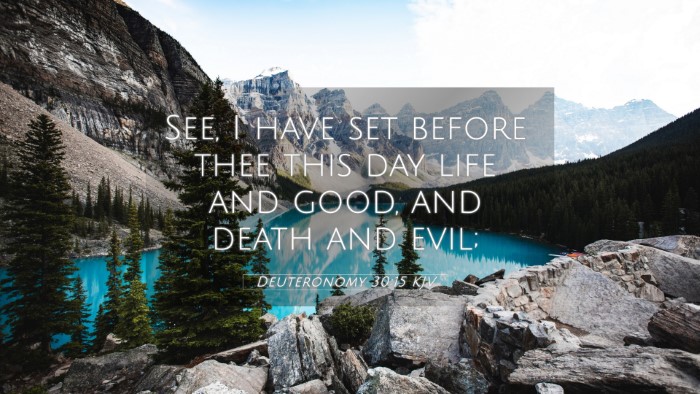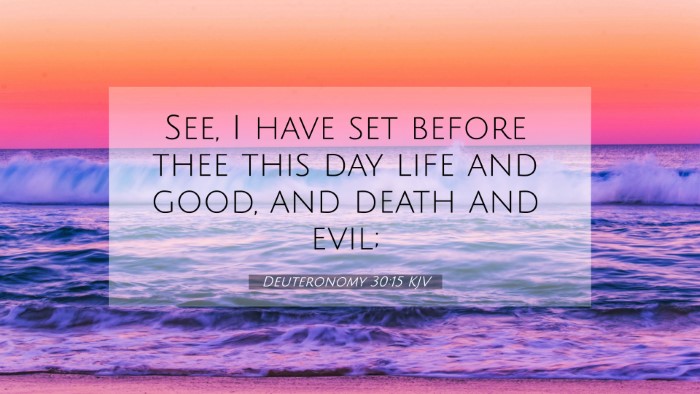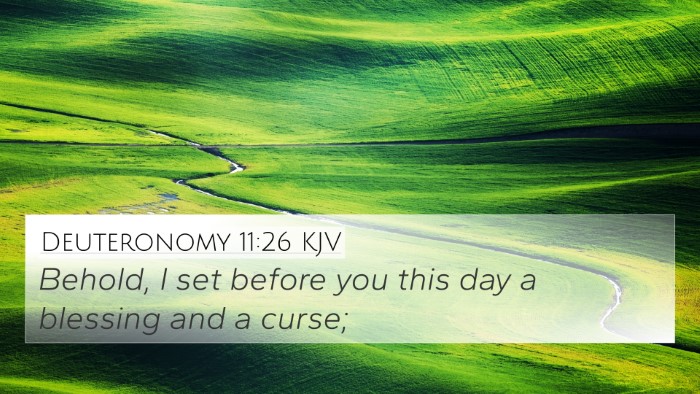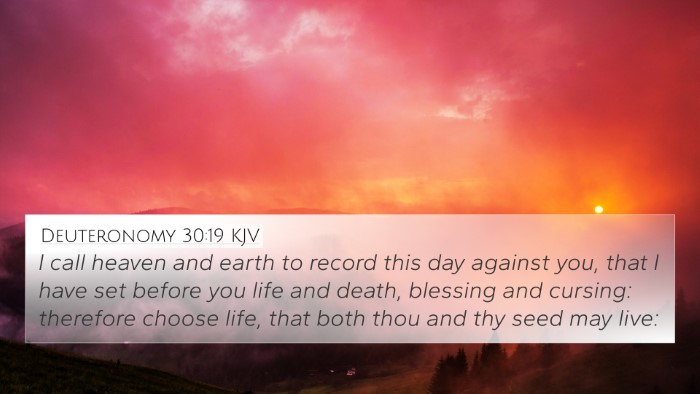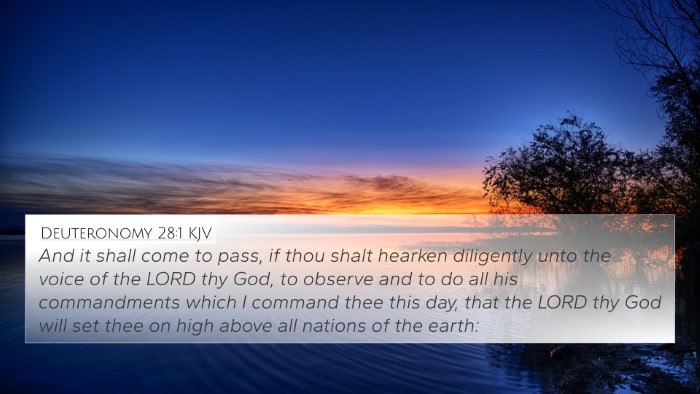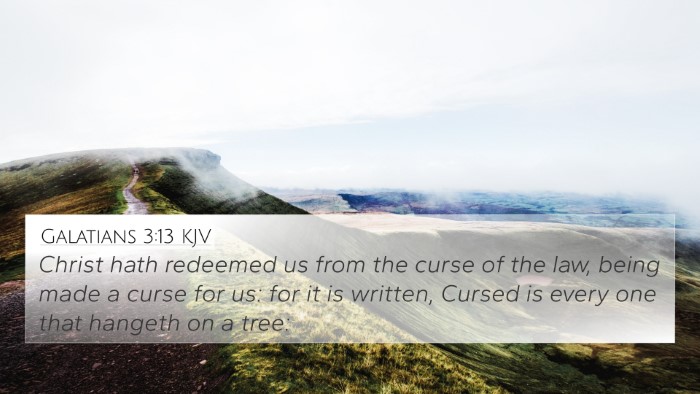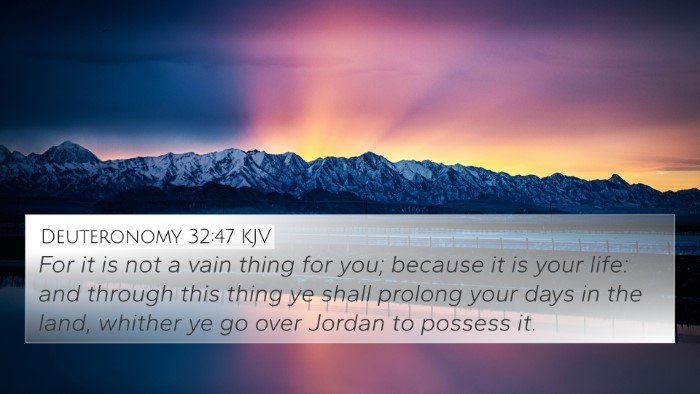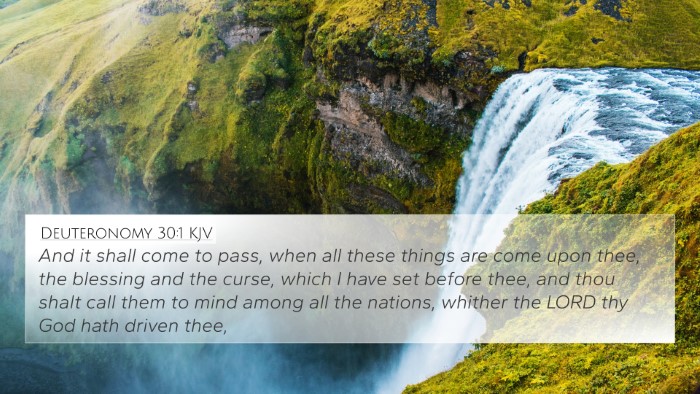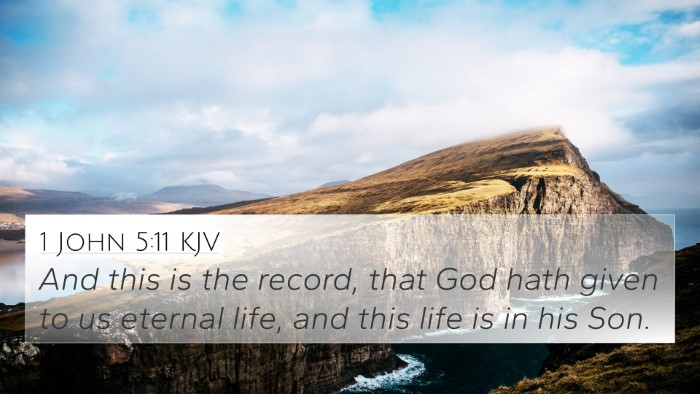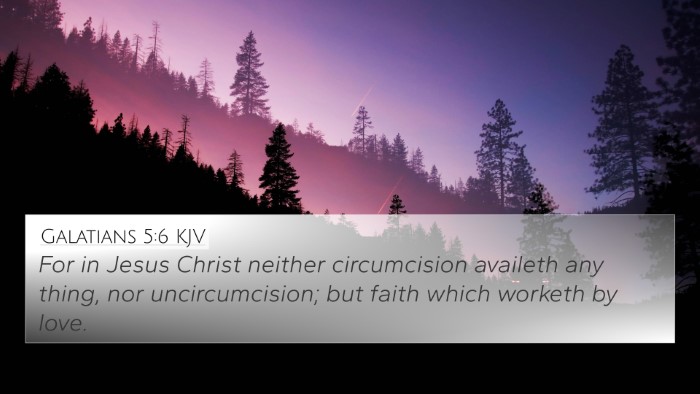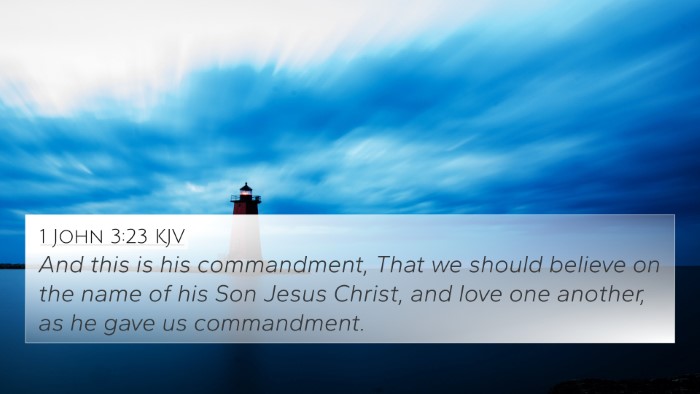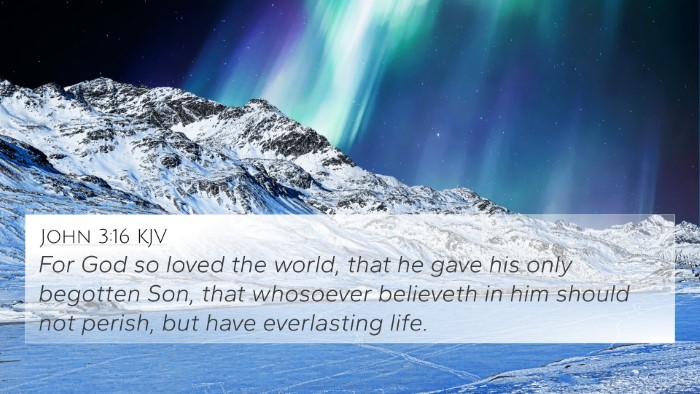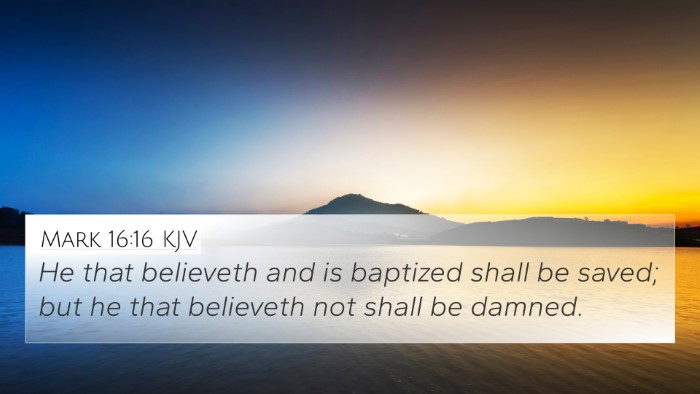Understanding Deuteronomy 30:15
Deuteronomy 30:15 reads: "See, I have set before you today life and good, death and evil." This pivotal verse lays out the fundamental choices that God presents to His people, emphasizing the importance of free will and the consequences that follow our decisions.
Commentary Insights
- Matthew Henry: Henry highlights the contrast between life and death, encouraging believers to choose life by obeying God’s commandments. He notes that this call to choose also serves as a reminder of God’s sovereignty and care for His people.
- Albert Barnes: Barnes elaborates on the themes of blessing and cursing, suggesting that the choices outlined by Moses reflect the dual paths available to all people. He emphasizes the center of God’s law as a guide for righteous living, illustrating that true life comes through obedience.
- Adam Clarke: Clarke points out that life (prosperity) and death (calamity) are closely associated with human choices. He interprets this verse within the larger context of Israel’s covenant with God, emphasizing the overarching theme of God’s desire for His people to thrive.
Thematic Connections
This verse serves as a thematic anchor, linking to various other scriptures that discuss choice, obedience, and the consequences of actions. The following Bible verses relate closely to Deuteronomy 30:15:
- Joshua 24:15: "Choose this day whom you will serve." This verse echoes the theme of choice presented in Deuteronomy 30:15.
- Proverbs 1:27-28: Highlights the consequences of ignoring wisdom and understanding, aligning with choosing wisely.
- Romans 6:23: "For the wages of sin is death, but the gift of God is eternal life." This highlights the contrast between life and death as seen in Deuteronomy 30:15.
- Galatians 6:7: "Do not be deceived: God is not mocked, for whatever one sows, that will he also reap." This connects with the implications of choices made.
- John 10:10: "I came that they may have life and have it abundantly." This affirms the blessing associated with choosing good.
- 1 Corinthians 15:22: "For as in Adam all die, so also in Christ shall all be made alive." Reflects on the ultimate choice in redemption.
- Deuteronomy 11:26-28: Reinforces the blessings for obedience and curses for disobedience, solidifying the central message of Deuteronomy 30:15.
Practical Application
Understanding the implications of Deuteronomy 30:15 encourages believers to actively engage in their spiritual decisions. It serves as a clarion call to make choices that reflect alignment with God’s will, leading to ultimate life and blessing, as reaffirmed in the Scriptures.
Cross-Referencing in Study
Utilizing tools for Bible cross-referencing can enhance one’s study of semantically related verses. These connections deepen comprehension and encourage thematic exploration. Here are some resources and methods for effective cross-referencing:
- Bible Concordance: A valuable tool to locate specific words or themes throughout Scripture.
- Bible Cross-Reference Guide: A resource that groups related verses for easier study.
- Cross-Reference Bible Study: Engaging in studies that focus on related themes promotes holistic understanding.
- Inter-Biblical Dialogue: Exploring how various sections of the Bible converse with each other can reveal deeper truths.
- Detailed Cross-Reference Between Gospels: Comparatively studying the four Gospels allows for insights on life choices and teachings of Christ.
Conclusion
Deuteronomy 30:15 succinctly conveys one of the most crucial aspects of faith: the power of choice. By connecting this verse with others in the Bible, believers can find greater clarity about God's desires for their lives and the importance of choosing righteousness. The insights from commentaries further enrich understanding, allowing for a more profound engagement with the text.

